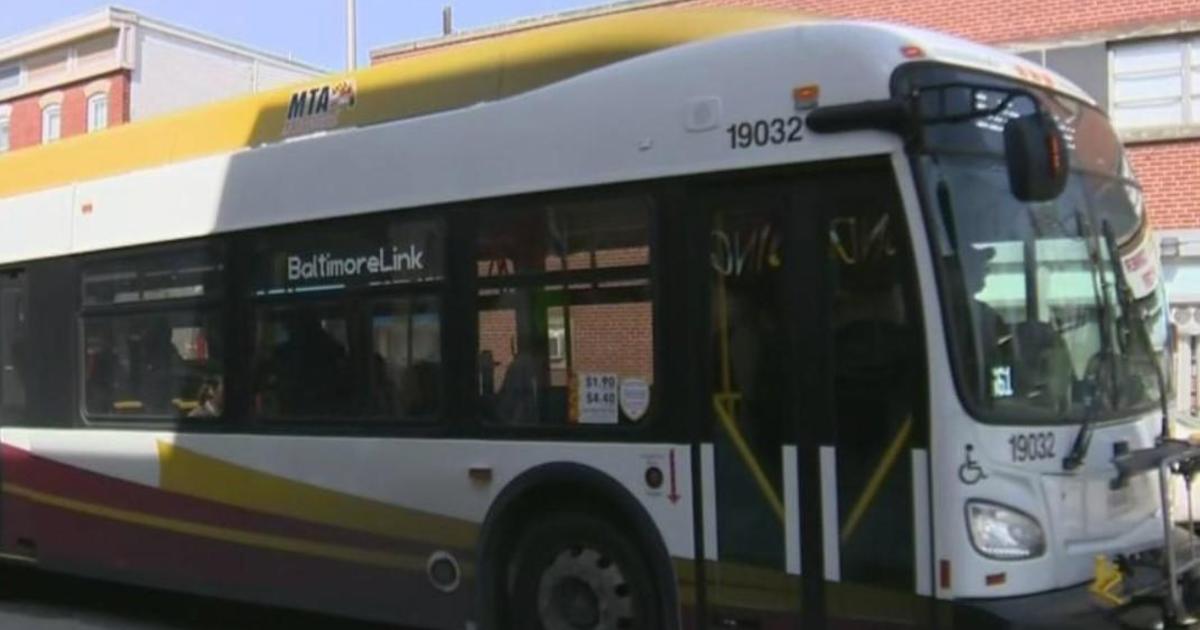Air Quality Is Boosting Chesapeake Bay Water, Researchers Say
BALTIMORE (WJZ)--Cleaner air, cleaner bay? University of Maryland researches are finding solid evidence for it.
Since the Clean Air Act of the 1990's, nitrogen pollution from coal fired powered plants has been reduced.
"About a 30-percent decline has occurred over the entire watershed," said Keith Eshleman, with the University of Maryland Center for Environmental Science.
Researchers have also been finding less nitrogen in the Potomac River System.
"It's almost exactly the decrease in nitrate nitrogen loads we observed over the same period," said Eshleman.
That means less nitrogen is being carried into the bay by the Potomac.
A pollution reduction from coal burning stacks, which drifts back to the ground and is washed by rain into waterways leading to the Potomac and the bay.
Nitrogen feeds the algae blooms that create the bay's summer dead zones, but this year experts are predicting a less than average dead zone," says William Dennison, UM Center of Environmental Science.
More good news: water is clearer and underwater grasses needed for marine live are surging.
"We're now seeing grasses show up in parts of the Chesapeake where it never showed up before," said Nicholas DiPasquale, Director Chesapeake Bay Program.
Improved sewage treatment plants are also reducing nitrogen loads, but more clean air could become a major driver for a cleaner bay.
Eshleman says as more power plants switch over to natural gas "there's a real opportunity now to see additional improvements over the next 10,20,30 years."
Cleaner exhaust from cars may also be playing a part in nitrogen reduction in the bay, but has yet to be formally studied.



